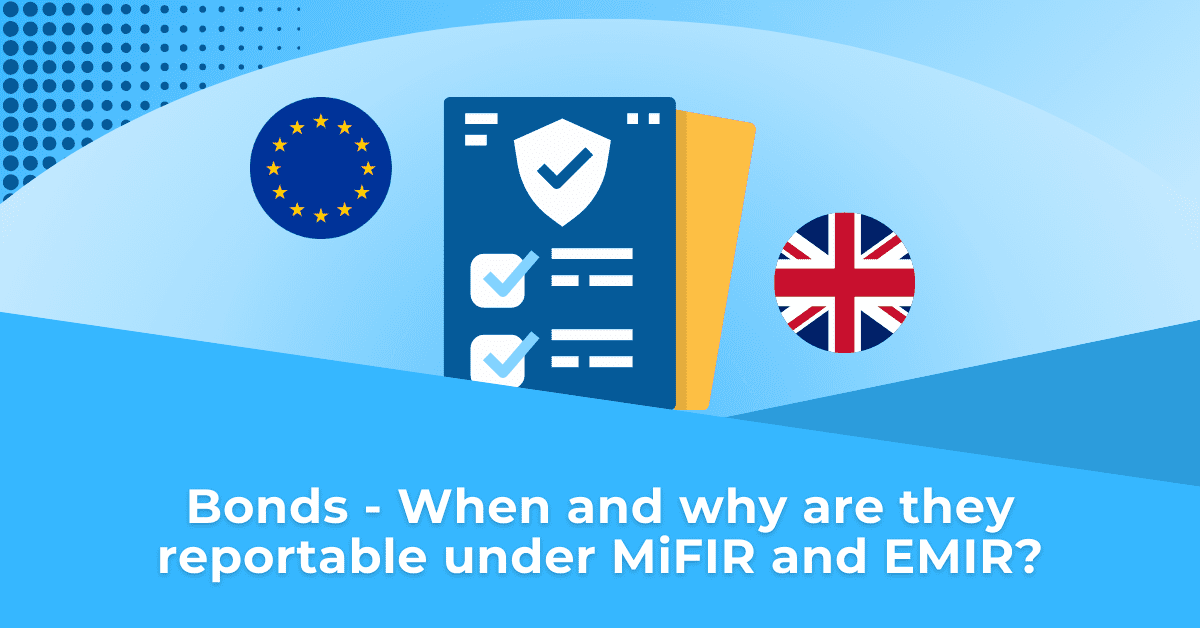Following the footsteps of other major regulators, the UK, EU and Australia have implemented leverage restrictions on contracts for difference (CFDs) in recent years. In search of alternative solutions, some brokers have found a workaround by moving offshore or setting up branches in jurisdictions with no leverage restrictions.
Mauritius, Seychelles, Cayman Islands, Vanuatu, Marshall Islands, and Saint Vincent and the Grenadines are the top picks for numerous brokers due to the absence of leverage restrictions coupled with light regulation from the local authorities. This enables these brokers to offer highly leveraged products to retail investors.
Many FCA-licensed brokers in the UK either have a licence or a branch in one or more island jurisdictions for the purpose of circumventing stringent leverage restrictions. The City’s watchdog, i.e. Financial Conduct Authority (FCA), has recently warned off some of them (not publicly) from onboarding to their offshore entities any clients in the UK with intentions to trade CFDs without comparable leverage ratio limits. It also identified, in the recently published Perimeter Report 2020/2021, that “some providers of retail derivatives (CFD and Futures) are encouraging retail clients to trade with firms in third country jurisdictions, by using comparison tables to highlight that retail consumers can get higher leverage through third country intra-group entities.”
The FCA’s steps to crack down on such business practices is evident in its publication of multiple warnings. The FCA publishes a list of brokers who are not FCA-authorised but authorised offshore, or completely unauthorised by anyone and are targeting investors in the UK. The table below indicates the four brokers identified as engaging in this business practice by the FCA in just two months of 2021:
| Brokers | FCA-authorised? | Which Jurisdiction is it authorised in? | Public warnings |
| SPX Markets | No | Vanuatu | See warnings |
| Trends Turbo | No | Saint Vincent and the Grenadines | See warnings |
| 365 Capital FX | No | Marshall Islands | See warnings |
| Status Markets | No | Marshall Islands | See warnings |
The rationale behind the leverage restrictions imposed by various authorities around the world is to enhance investor protection by reducing the size and speed of retail clients’ losses by reducing CFD exposure and sensitivity to market volatility.
Nowadays brokers not only face pressure from their local regulators, but also get rigorous screening by the world’s biggest search engine Google. To advertise through Google Ads, brokers must comply with Google’s financial product and services policy and get certified by Google. Further, their ads, products and landing pages must meet all local legal requirements of the jurisdiction they want to market to. Often proof is required from Google prior to publication of ads.
Similarly, payment giants such as Mastercard and VISA are putting pressure on brokers. Mastercard classifies CFD brokers as high-risk securities merchants, and must be satisfied with evidence of legal authority (such as their local licence) and provided with a legal opinion regarding the compliance of their trading activities with local regulations by brokers. With increasingly tight restrictions from payment service providers, many offshore regulated brokers have already encountered difficulties with processing card payments.
The public warnings about brokers not authorised by the FCA might just be the beginning of a wider clampdown from major regulators against brokers who onboard clients to their offshore entities to circumvent the leverage restrictions. Could this turn the tide against the offshoring of CFD trading business?




